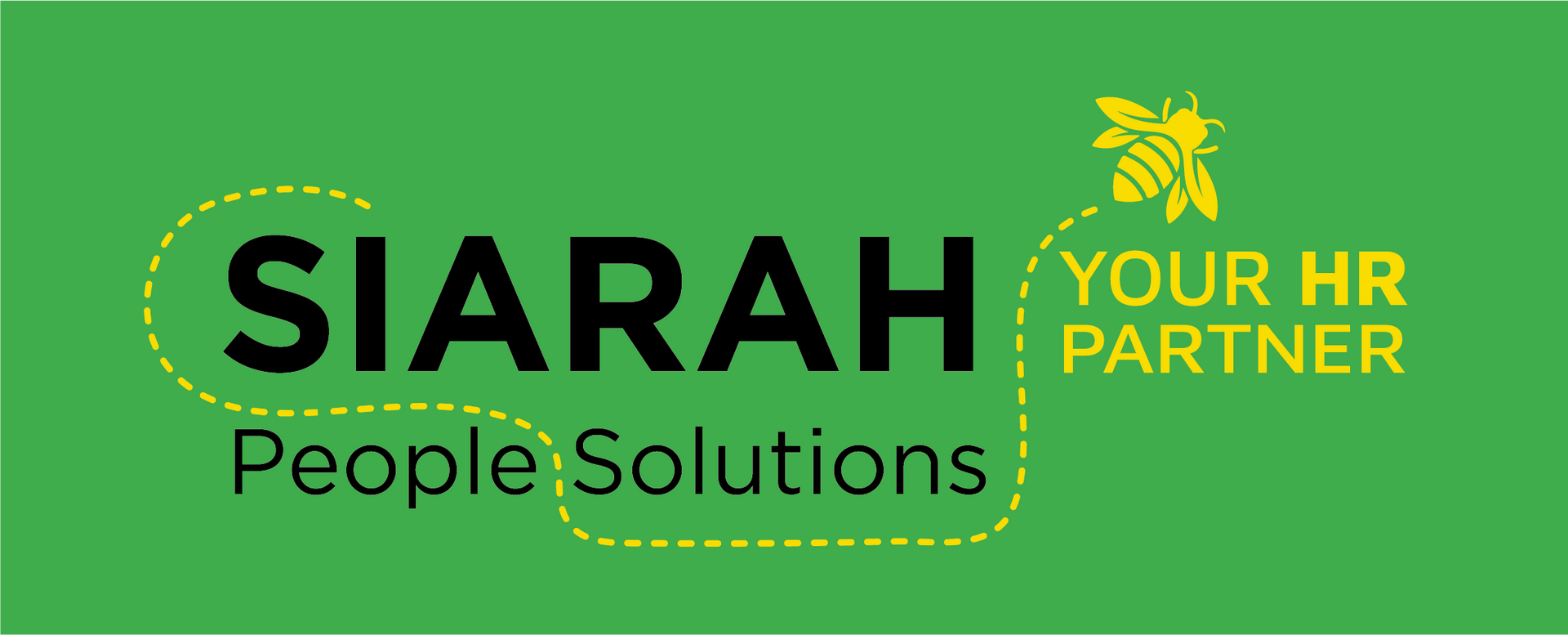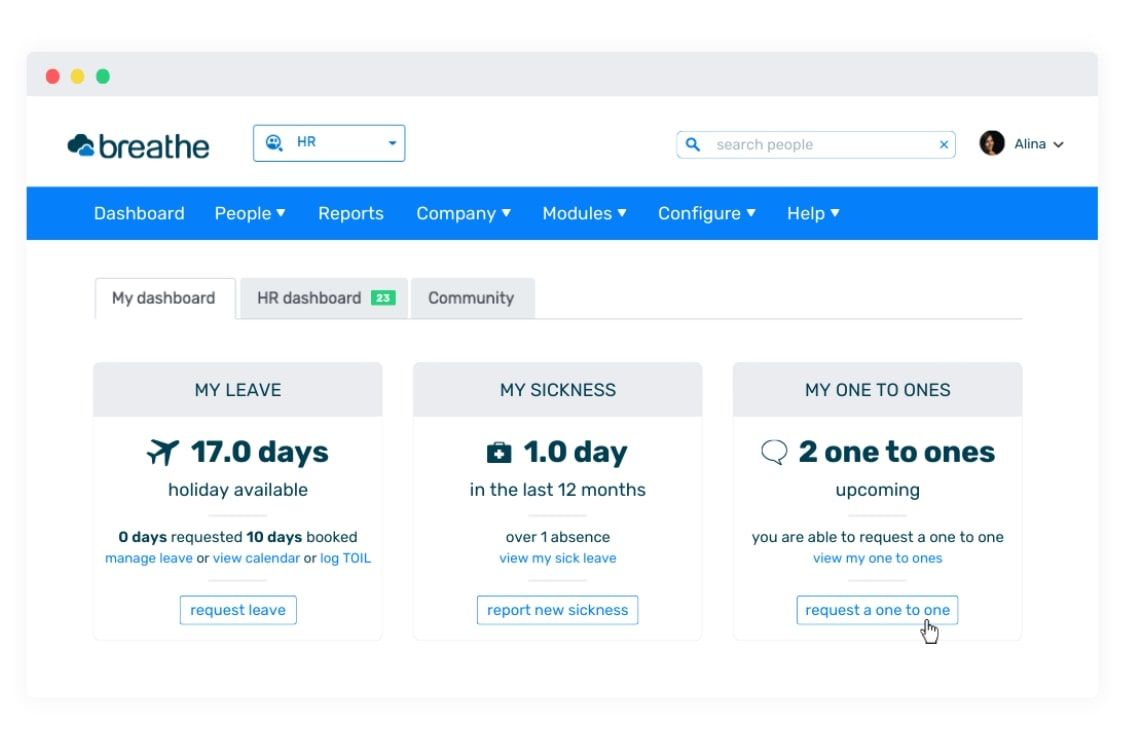The biggest change to UK employment law in a generation - October 2024

The much-anticipated Employment Rights Bill was introduced to Parliament on 10 October 2024 and is the first phase of delivering the government’s Plan to Make Work Pay - the biggest change to UK employment law in a generation.
This Bill does not cover all aspects of the Plan to Make Work Pay (for example parental leave review and the right to disconnect). These aspects are outlined in the Next Steps to Make Work Pay and will be delivered through other routes, such as codes of practice.
The Employment Rights Bill includes:
➡️Banning exploitative zero hours contracts and introducing minimum hours contracts. Reasonable notice to be given to workers to start, change or cancel a shift
➡️Ending firing and rehiring on less favourable terms. Provisions are made for exceptional circumstances where changes to employment terms are critical to avoid business closure
➡️Day one right to claim unfair dismissal. It is likely that a statutory probation period will be introduced but we await further details as to how any dismissals should be managed during this period.
➡️Making flexible working the default, where practical.
➡️Employer liability for third party sexual harassment. All reasonable steps to be taken to prevent third party sexual harassment of workers by clients, customers and suppliers.
➡️Day one right to sick pay, removing the current 3 day waiting period. Lower earnings threshold for statutory sick pay to be removed and replaced with a percentage of pay.
➡️Day one right to parental leave and paternity leave.
➡️Introducing the right to one week's bereavement leave for all workers. We await details of the relationship that the employee needs to have to the deceased. Parental bereavement leave will remain at two weeks.
➡️Protection from dismissal for pregnant women and returning mothers.
➡️Amending single establishment threshold for collective redundancy consultation obligations.
➡️Larger employers to have action plans for menopause support and gender pay gap reporting.
➡️Written statements of terms and conditions to include the right to join a trade union.
➡️The establishment of a Fair Work agency to enforce rights such as holiday pay, and support employers looking for guidance on how to comply with the law.
The Bill will now go through consultation and Royal Assent in 2025, before detailed regulations are published. The government has indicated that these reforms will take effect no earlier than 2026, giving employers sufficient time to prepare. So what can employers do to get prepared?
☑️Stay up to date with employment law.
☑️Engage with any relevant employer consultations to ensure your views are considered.
☑️Be ready to update your policies and procedures to reflect confirmed changes as they are announced.
☑️Manage probation periods, performance and conduct issues fairly and efficiently.
☑️Review the culture and employee engagement in your business to ensure the needs of your employees are being met.
Stay tuned to our blog and email updates as the Bill progresses through the next stages of implementation.
If you would like to discuss how these changes may impact your business or require support in implementing these changes, get in touch - we are here to help.
















